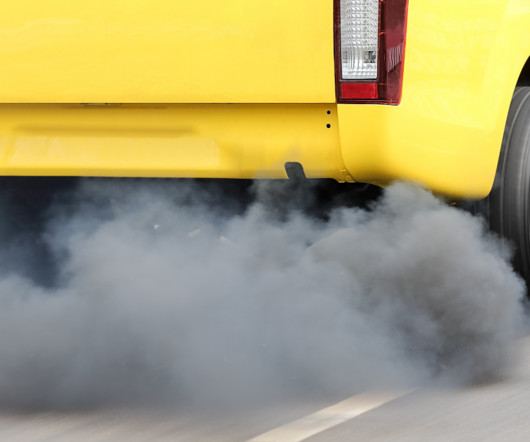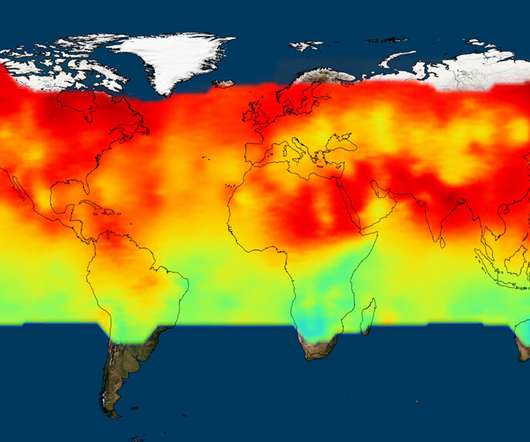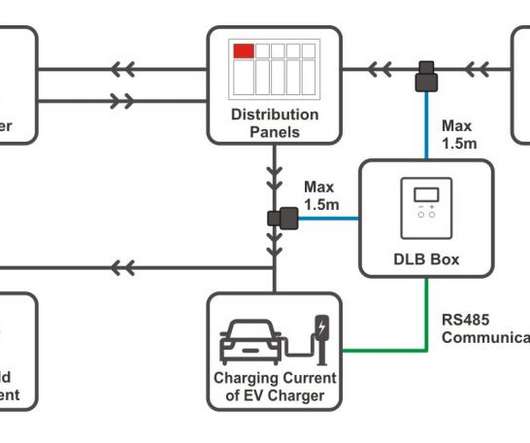Bosch study highlights potential of e-fuels to reduce CO2 emissions
Green Car Congress
AUGUST 22, 2017
According to a new study by Bosch, the use of e-fuels—synthetic fuels based on renewable energy—in Europe by 2050 as a scheduled supplement to electrification could save up to 2.8 Bottom: Fuel pathways. In addition, synthetic fuels can be designed to burn practically soot-free. Source: Bosch. Click to enlarge.


































Let's personalize your content